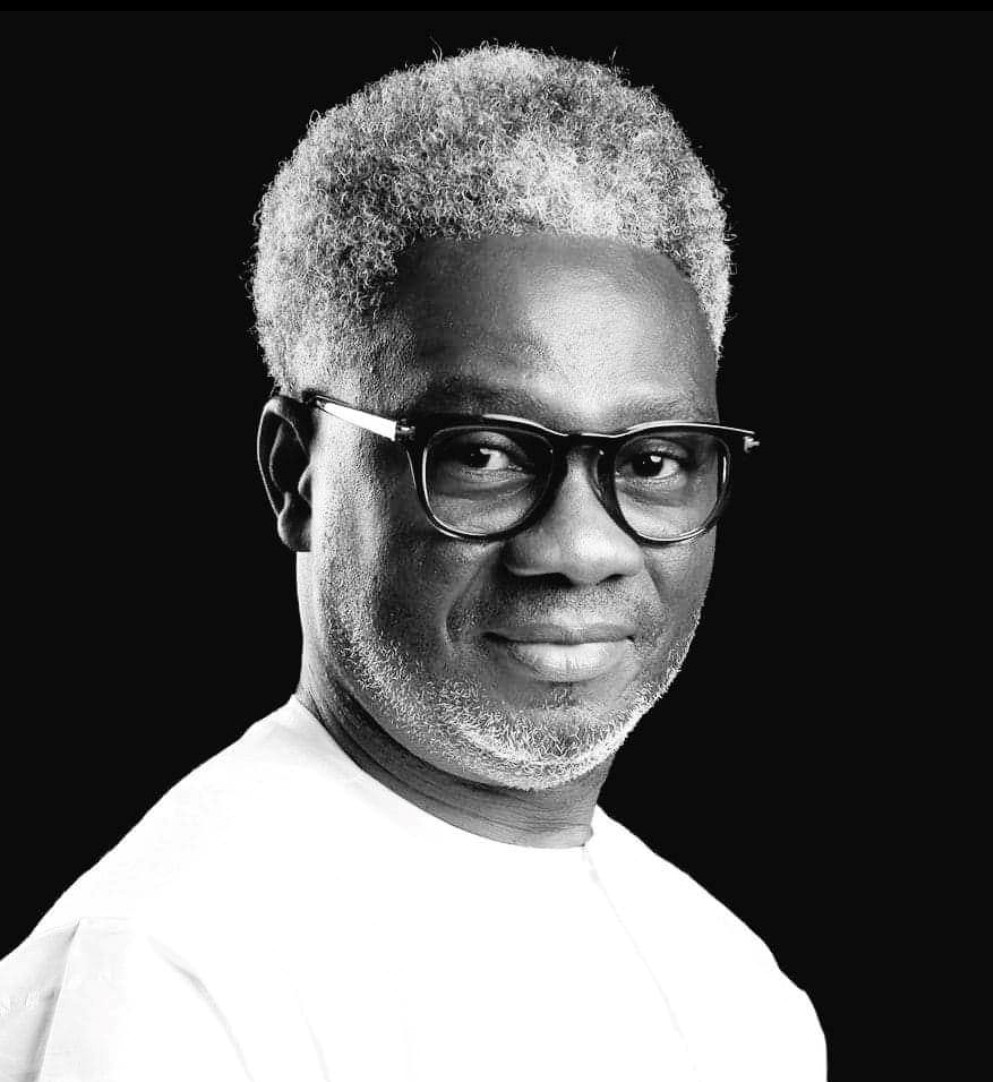A CIO’s guide for doing business in South Africa
Freshly out of a global pandemic, CIOs have had to think on their feet as loadshedding wrought new havoc on their teams and departments.
As a software-on-demand company with software that needs to be available to customers 24/7, e4 understands the current business challenges better than most, says the company’s CIO, Fikile Sibiya. “But by being proactive, you can ensure that you’ll stay afloat when challenging circumstances threaten your business – whether now or in the future.”
Here are her five top tips to navigate the biggest challenges CIOs are currently facing:
- Diversify. “As loadshedding increased, companies had to diversify their electricity supply, either using backup power, renewables, or generators. This is a good principle to apply in other business areas – diversifying service providers creates resilience. Instead of relying on one input, have two or even three options. It comes at a cost, of course, but you need to weigh the benefits this will bring to your business against the risk of long-term interruptions. With fibre providers also now alluding to cable theft and infrastructure damage, consider bringing additional suppliers on board before interruptions threaten your business.”
- Build resilience. “Business challenges are a matter of ‘when’, not ‘if’. You can’t avoid problems, but you can build resilience. In the IT space, having reliable, tested backups is top of mind when it comes to resilience. Disaster recovery is almost like insurance – you don’t get value out of that expense until you need to call on it. But when trouble comes knocking, it will save you from complete ruin.
“If you use a third party such as a cloud provider for this, you also have to double check that they can deliver on their promises. Don’t abdicate all responsibility and simply trust that your provider will save you should your security be compromised – ensure that they really can.”
- Customise. “Cloud is not a silver bullet for everyone. For some, it is indeed the cost saver it’s touted to be. Other organisations have gone the cloud route and repatriated back to on-premise, and saved millions in the process. For others, a hybrid solution is best. You need to be very clear on your strategy and realistic about costs and find a configuration that works for your business.
“The same goes for security solutions. SMEs in South Africa, in particular, don’t have the resources of large companies to employ in-house security teams. But sadly, the same crimes still affect them. Even a basic antivirus programme could at least save them from complete collapse should they have a serious malware infection. You don’t have to do everything, but start somewhere, and ensure the basics are covered.”
- Be flexible. “South Africa is, unfortunately, facing a skills drain – especially in the tech space. Don’t expect employment structures to look the way they did years ago. Explore new options such as a mix of permanent, contract, and gig workers to diversify your skills base. Consider partnering with others to use their expertise when needed. And provide flexitime or remote working opportunities to those who prefer it, but ensure you also get the facetime you need in the office. Speak to staff and management continuously and don’t get fixated on set requirements – change them as needed.”
- Practice. “Reassess all these areas regularly. Your priorities might change every year or even every six months, and your plans need to change with it. But that’s not enough. Often, businesses have wonderful disaster management plans filed away in a cabinet, but no-one knows their role and responsibilities should these plans need to go into action. Be sure to test your disaster recovery regularly, and make sure your teams know what to do when a crisis hits.”



















